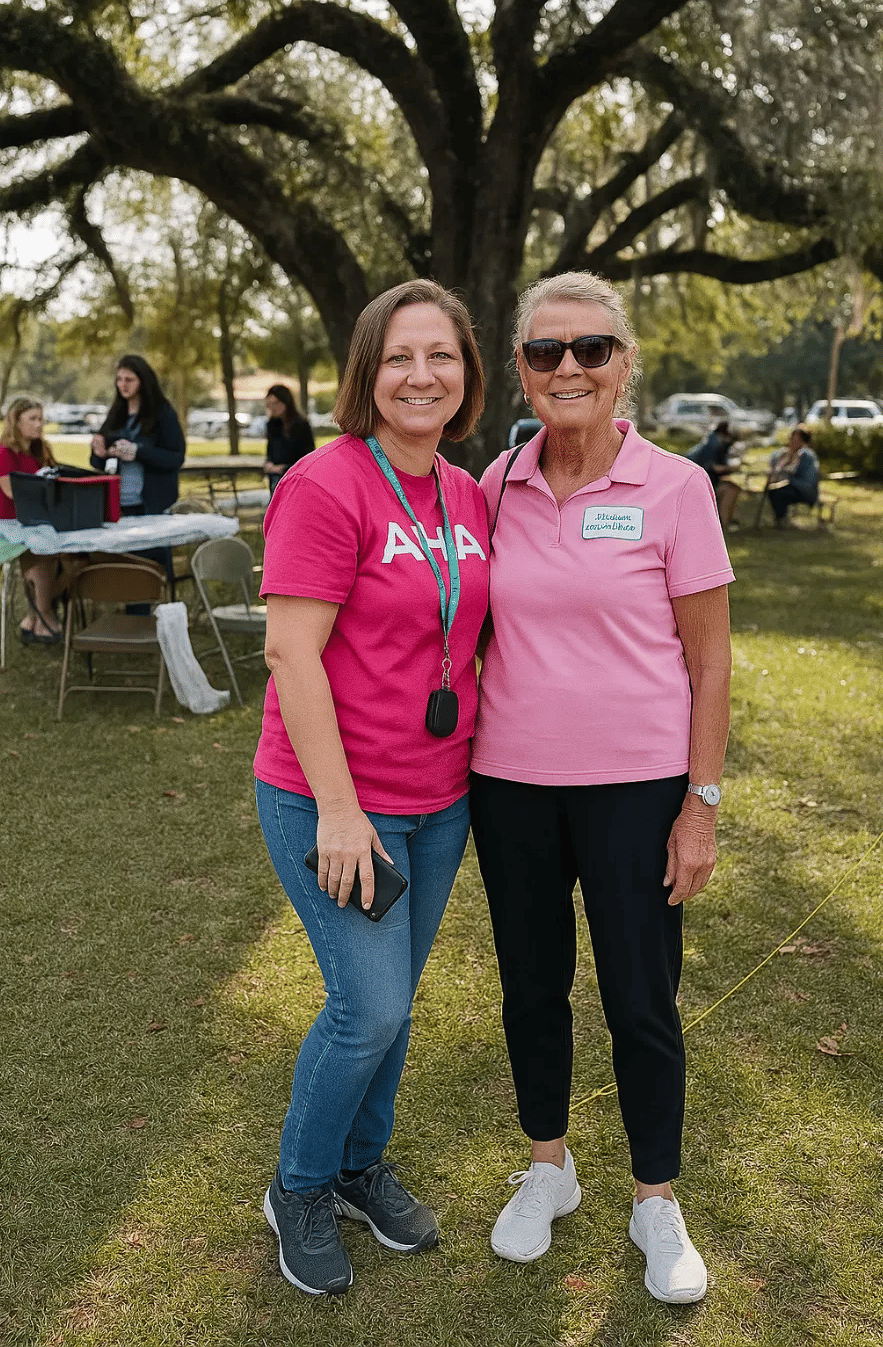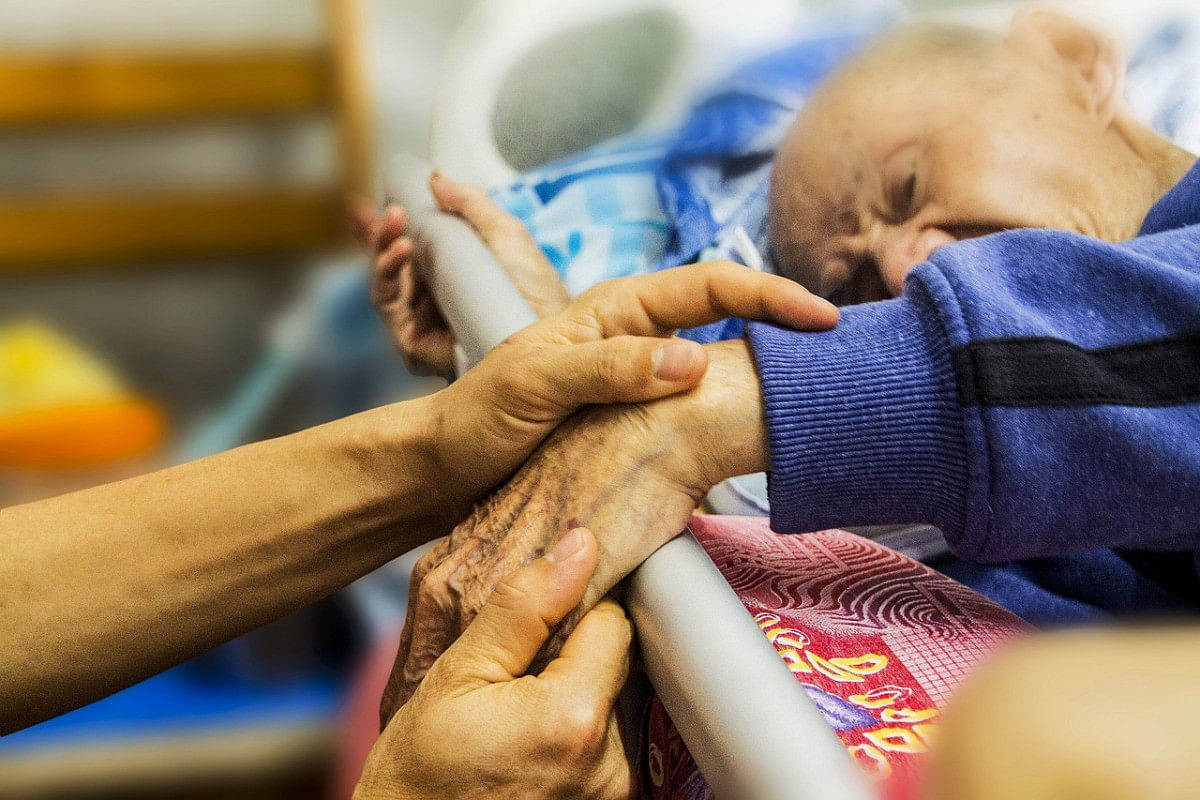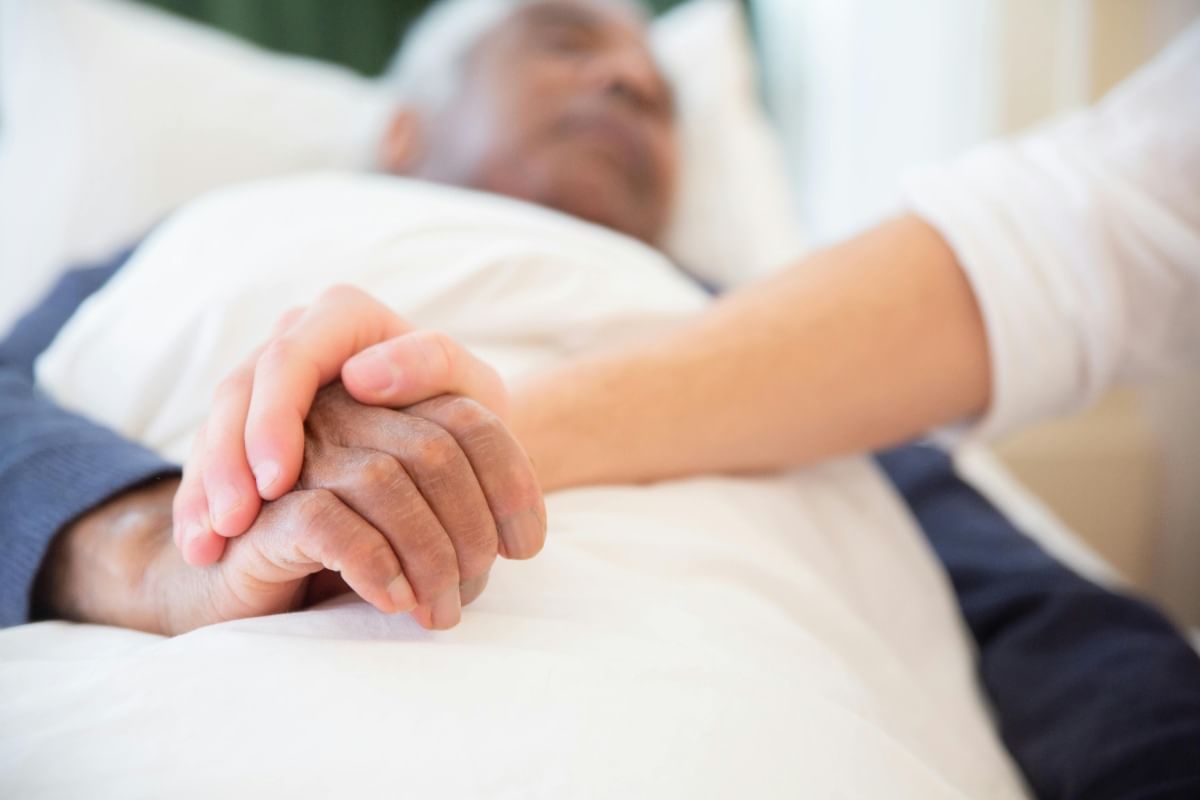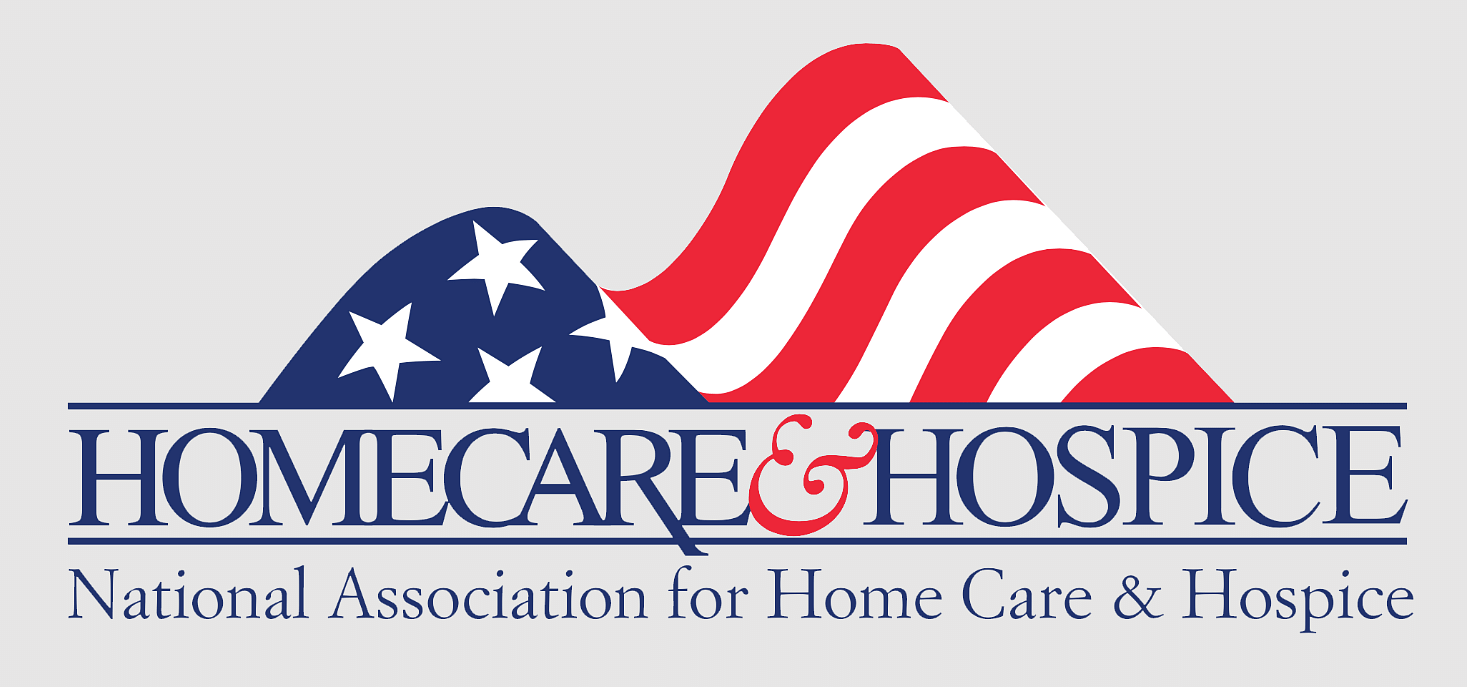Hospice Care
High-Quality Care In and Around Kenner
In recent years, the need for end-of-life services has surged, with more families seeking compassionate, high-quality care for their loved ones in their final stages of life. Kenner, LA provides a peaceful solution for in-home hospice care, serving as a comforting alternative to the traditional hospital setting. It allows patients to receive superior care within the comfortable environment of their homes. In this article, we'll explore the benefits of hospice care at home, the importance of palliative and hospice care, and the options available for families in Kenner and the surrounding areas.





























